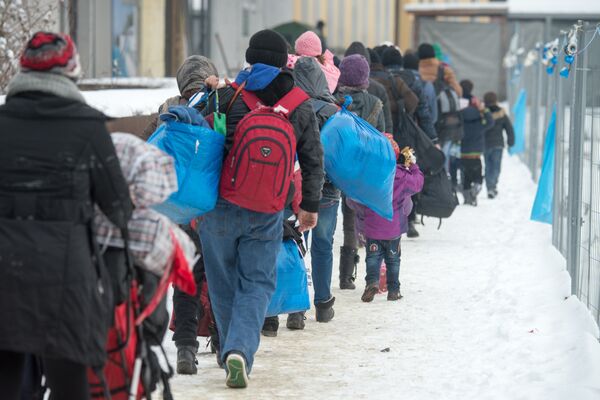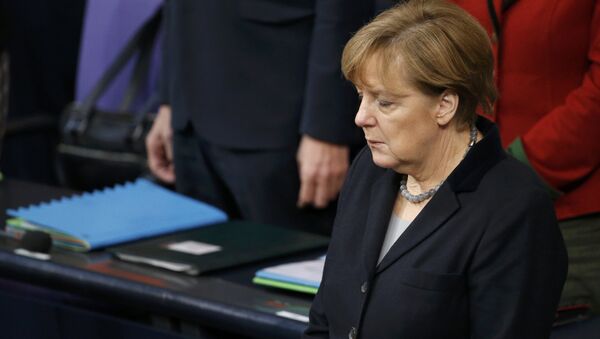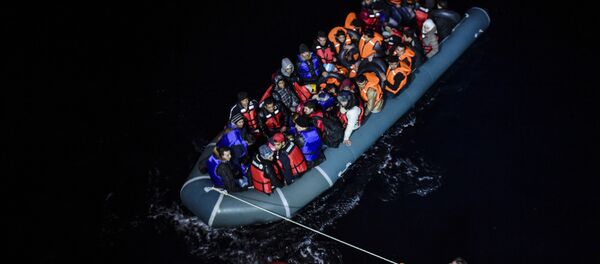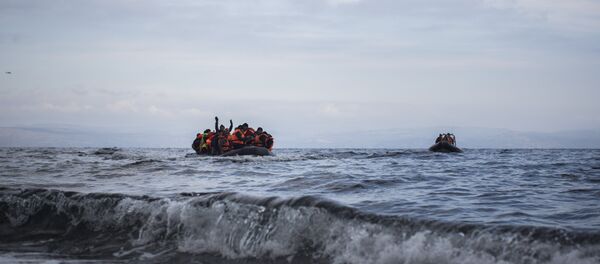According to the author, the migration gridlock and a raft of other problems inside the EU may finally result in the biggest disintegration of Europe in history.
"The struggle to preserve the currency union forced Europeans to realize how strongly political ideas differ in EU countries, where a variety of mentalities, experience and cultures is still in place," Kohler said.
He added that even the location of countries and their size can cause discrepancies in terms of national interest, while disparities in standards of living between rich and poor EU members have led some to envy others.

The author also drew attention to the fact that the course that German Chancellor Angela Merkel chose in order to try to resolve the migration deadlock has revealed that Europeans are not able to pursue a common policy in this regard.
What's more, Merkel herself, who was once heralded Time magazine's Person of the Year, has become a "lonely European," according to Kohler.
"One of the negative consequences of the crisis was that most EU members do not want to listen to the German government's opinion any more.Merkel planned to take control of the flow of migrants at the EU's external borders and fairly distribute the refugees in EU countries, but her plan does not work," he said.
Merkel's decision to take in almost all of the migrants without sticking to quotas has been cited by many as a fatal mistake, and her country is unlikely to achieve the successful integration that she has repeatedly touted.
The recent events in Cologne, in which dozens of women were robbed, sexually assaulted, and raped on New Year's Eve by groups of aggressive men of predominantly Arab and North African descent, has raised criticism among the local population regarding Merkel's 'open door' policy. Germany is reported to have accepted more than one million refugees in 2015 alone, exceeding the number of babies born in the country in 2014 (approximately 715,000).




